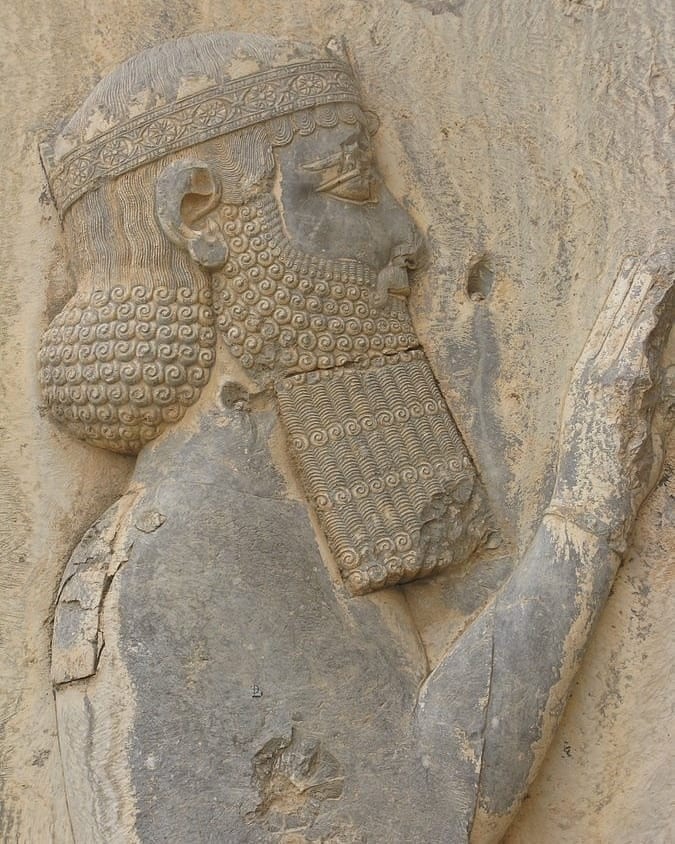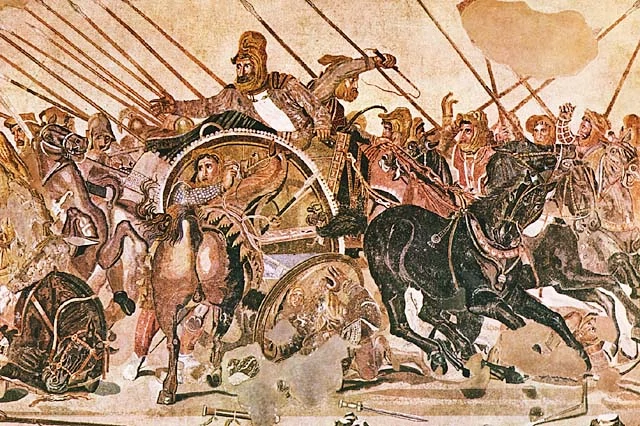
Apart from 'Darius the Mede' (who is dealt with separately), three Persian kings by this name are known to have ruled ancient Persia. Of these only Darius I is relevant to biblical studies as the king referenced in the exilic and post-exilic works of Daniel, Ezra-Nehemiah, Haggai and Zechariah (see concordance).

Also referred to as Darius the Great, Darius I was the third king of the Persian empire, ruling from 522-486 BC. Coming from a minor branch of the royal house, Darius came to the throne by overthrowing the legitimate monarch Bardiya whom he claimed to be an imposter. Though his ascendency met with widespread rebellion, he was able to suppress them, and went on to bring Persian Empire at its height of political power and cultural brilliance, reorganizing the administration, made Aramaic (together with Persian) the official language of diplomacy, and built the great palaces at Susa, Pasargadae, and Persepolis that we today associate with the Persians. With him too began Persia's first attempts to subjugate the Greeks, though his troops were badly defeated at the famous Battle of Marathon (490 BC). He was succeeded by his son Xerxes I.
Futher Reading:
National Geographic, "Who was Darius I?" 12 Feb 2019.
National Geographic, "Why this ancient 'King of the World' was so proud of his library." 25 Aug 2022.

King of the Persian Empire from 423-405 BC. The year 423 was a year of upheaval for the Persian royal throne. The previous king, Artaxerxes I, had died, succeeded by his son, Xerxes II. Almost immediately afterwards, the later was murdered by his brother, Sogdianus. The latter was opposed and killed by his illegitimate half-brother Ochus, who then took Darius (II) as his own throne-name. Ochus's own sibling, Arsites, rose up against him, though the attempt failed. Though he ruled for nearly two decades little is known about him and his accomplishments. He was succeeded by Artaxerxes II.


Darius III at the Battle of Issus
Darius III Codomannus ruled Persia from 336 BC and lost the kingdom to Alexander the Great at the Battle of Issus in 331 BC. He fled the battle-field to Bactria (modern day northern Afghanistan-Tajikistan-Uzbekistan) and was eventually murdered by his former allies on the approach of Alexander. He appeared too late in history to be noted by the Old Testament.

©ALBERITH
220822lch